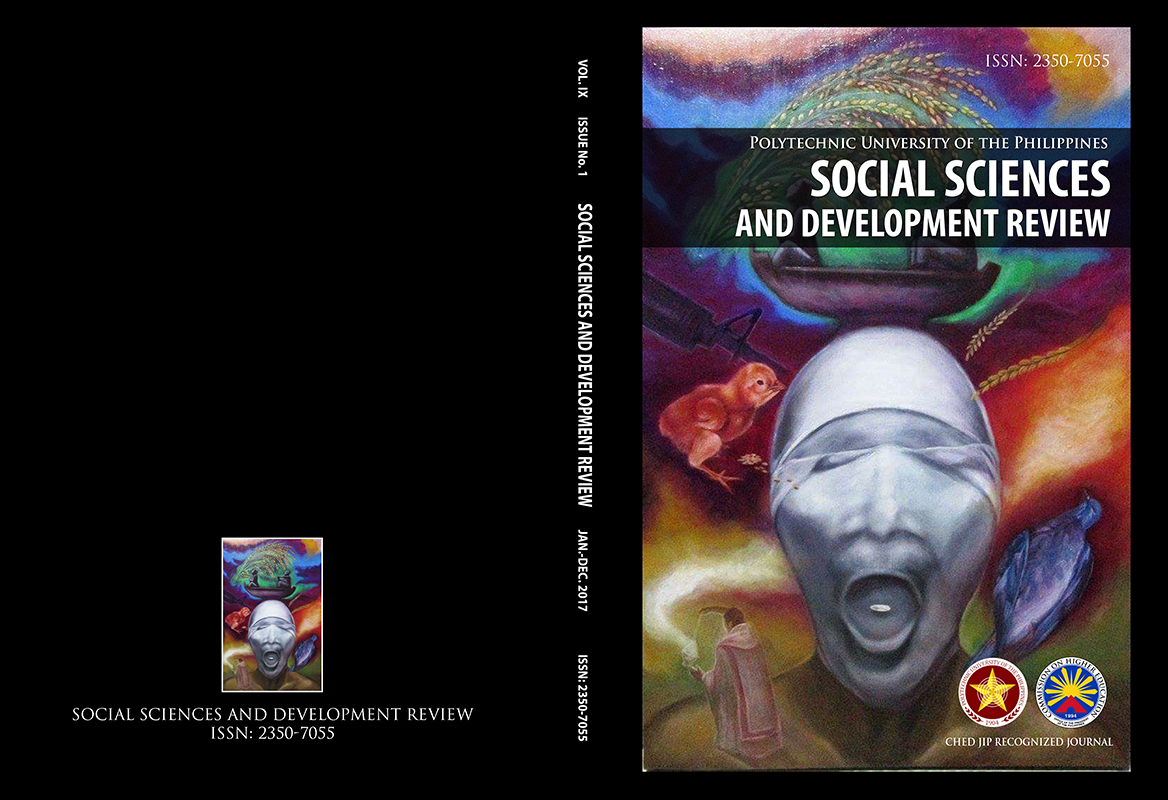Capitalism and the Future of Schizoids: A Brief Typology
DOI:
https://doi.org/10.70922/cqb6tv02Keywords:
accelerationism, desiring-production, deterritorialization, libidinal investment, schizoanalysisAbstract
In late capitalism what could be a necessary polarization of libidinal investments for critically understanding social formations arguably no longer demarcates and/or differentiates, hence, depriving subjects of intuitive capacities, of the ‘joy of difference’. But what strikes us here is the junction between these capacities for composition starting with intuitive recomposition of pre-individuating intensities into inherent expressions of new images of thought that can counter-effectuate dogmatic images of thought (state-philosophy, for instance, but also dominant moral opinions) and the realm of the preconscious (that is, of class interests which precede individuations of subjects and their emergence into subject-groups); the junction being, as Deleuze and Guattari argue, the machinist processes upon which social formations are built as negotiated fields of libidinal investments. It is here that the proper goal of schizoanalysis is to map out the lines of flight where deterritorializations of flows tend to obscure the critical awareness of the social nature of desiring production.
Downloads
References
Downloads
Published
Issue
Section
License
Copyright (c) 2023 Virgilio A. Rivas (Author)

This work is licensed under a Creative Commons Attribution-NonCommercial 4.0 International License.
Articles published in the SOCIAL SCIENCES AND DEVELOPMENT REVIEW will be Open-Access articles distributed under the terms and conditions of the Creative Commons Attribution-Noncommercial 4.0 International (CC BY-NC 4.0). This allows for immediate free access to the work and permits any user to read, download, copy, distribute, print, search, or link to the full texts of articles, crawl them for indexing, pass them as data to software, or use them for any other lawful purpose.


